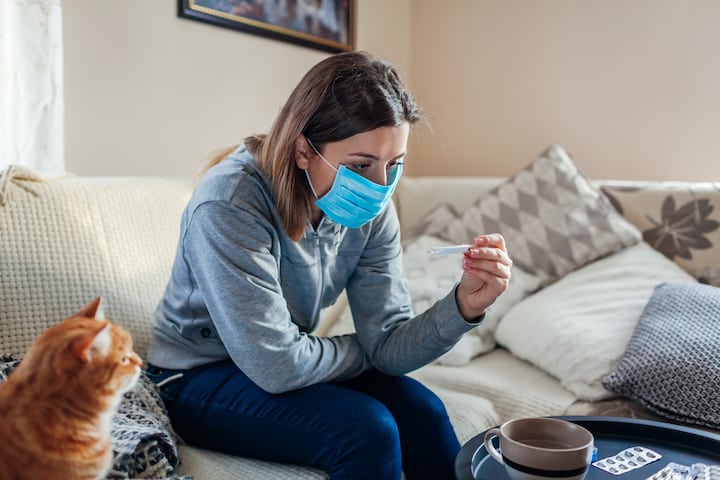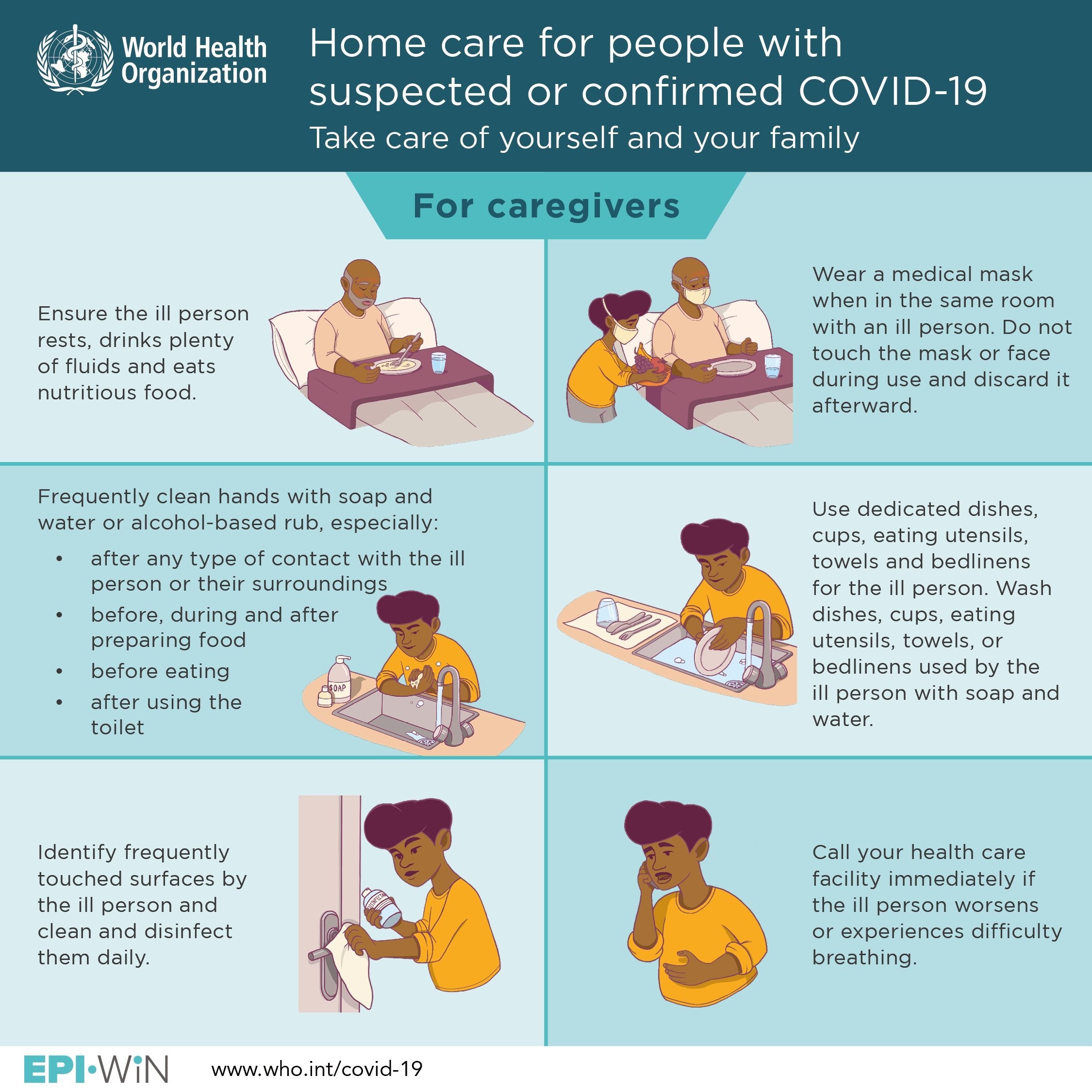The world has taken a massive hit from COVID-19. With everyone being urged to stay at home to reduce the risk of infection, what should you do if you start developing symptoms of the virus?
So far, no cure or vaccine can be used to treat COVID-19 but that doesn’t mean that you can’t treat the symptoms at home. If you or your family member shows symptoms of COVID-19, stay at home and do these to treat and relieve their discomfort.
High Temperature and Fevers
The main symptom that hospitals look for to see if someone potentially has COVID-19 is their temperature. This is why the use of thermal guns are essential when checking for possible carriers of COVID-19.
If you notice that you or a family member has a high temperature after recently going out, it may help to:
- Rest and avoid overexertion
- drink lots of water to prevent dehydration
- Take paracetamol or ibuprofen if the family member is experiencing discomfort
Coughs/Dry Coughs
Another symptom that you have to look out for is cough or dry cough. This is one of the many ways of how the virus spreads. If you notice that you or a family member has a cough, be cautious.
There are lots of ways you can treat cough but first you have to make sure that the person is comfortable. If possible, avoid lying on your back. Try lying down on your sides or sitting straight up when resting.
A well-known way of treating a cough is to have a teaspoon of honey every few hours. If the cough doesn’t seem to be going away or if it becomes worse, call a pharmacist and ask for ways to treat the cough. If possible, avoid going to pharmacies when you or a family member has COVID-19 symptoms. It’s preferable to stay at home and contact the pharmacy online instead.
Breathlessness
Being short of breath is a hassle and can cause a lot of problems in your productivity. Not to mention the fact that it’s incredibly uncomfortable and a literal pain to deal with.
If you’re breathless, it may help to keep the room you’re in cool. The humidity and heat may make breathing more difficult, and cooling down your room can vastly improve how you feel. Avoid using fans, though, as it may spread the virus; we recommend opening up a window or turning the heating down.
If cooling down your room doesn’t help, here are some other ways you can treat the discomforts of breathlessness:
- Inhale from your nose and exhale through your mouth.
- Stay upright; it’ll help you breathe in a lot more air and stop you from feeling heavy.
- Inhale as much air as you can and exhale slowly from your mouth, it helps to make a small circle with your lips like you’re whistling.
- Lean forward and support your upper body by putting your hands on your knees. Being upright at an angle helps air go in and out a lot smoother.
- Relax your shoulders, but avoid hunching. Being hunched will make you heavier and push your chest tighter.
- Avoid panicking, and it’ll make things a lot worse, stay calm, and focus on your breathing.
Are symptoms Becoming Worse?
When the symptoms start to pile up, and the state of you or your loved one is worsening, get medical help as soon as possible. There are hotlines available both locally and nationally, and you should call them if:
- You can’t treat the symptoms at home.
- The symptoms are becoming worse.
In more severe scenarios where a loved one starts coughing up blood, are struggling to breathe, or are drowsy, call an ambulance as soon as possible. There’s only so much that we can treat, and the best course of action when you’re sure something is wrong is to get medical help. If possible, call your health care provider first so they may direct you on what the next steps would be.
For a more detailed care on home treatment of COVID-19, you may refer to this resource from WHO: https://www.who.int/emergencies/diseases/novel-coronavirus-2019/question-and-answers-hub/q-a-detail/q-a-coronaviruses#:~:text=protect



